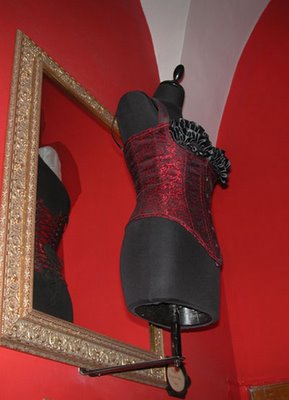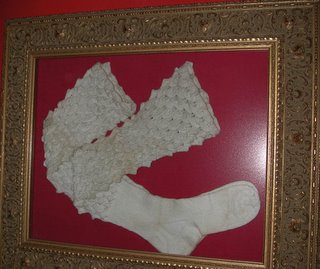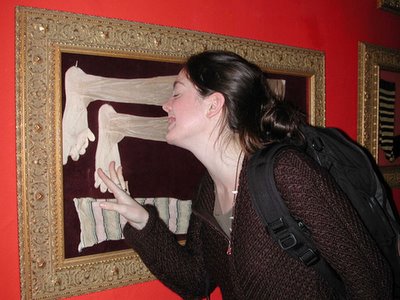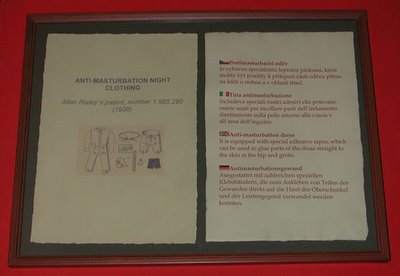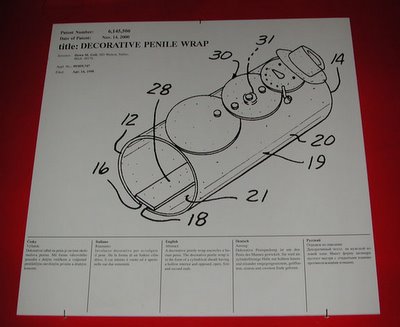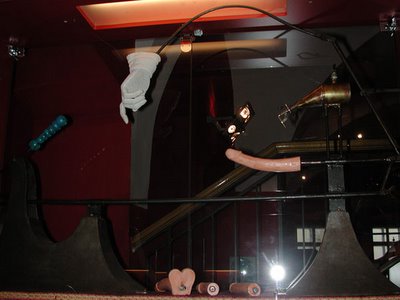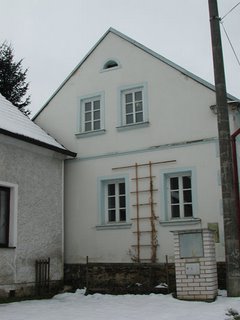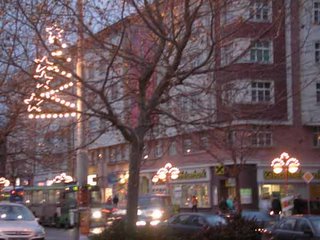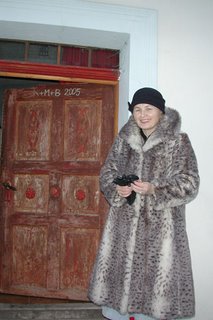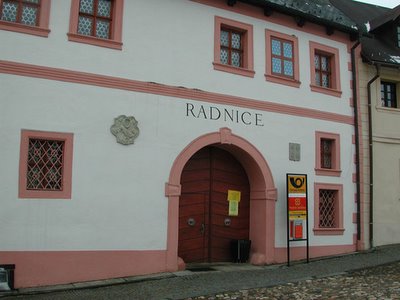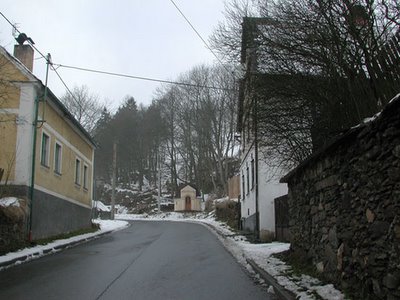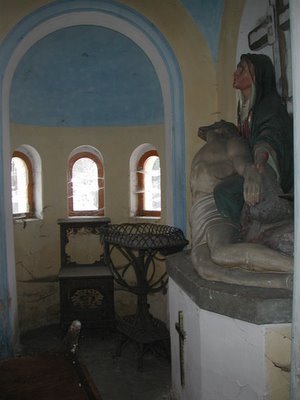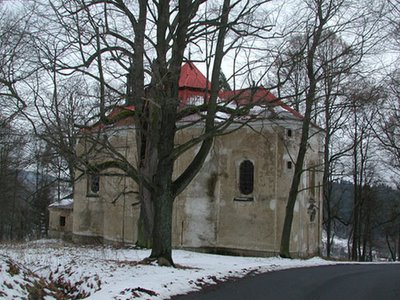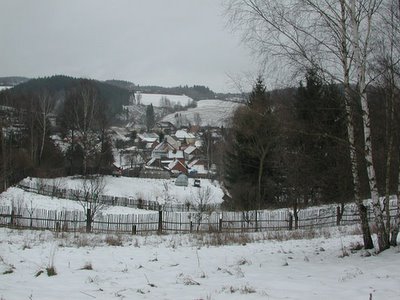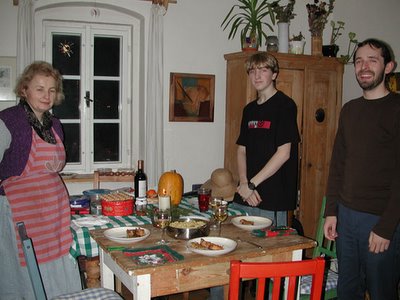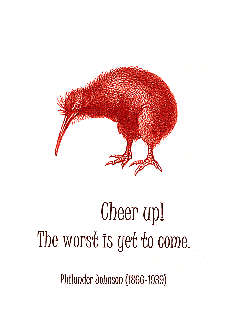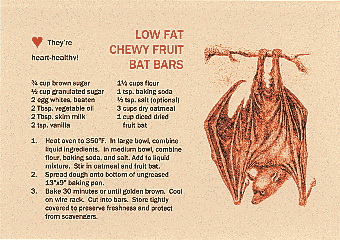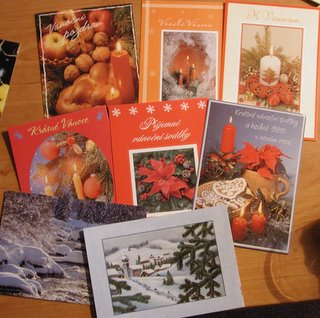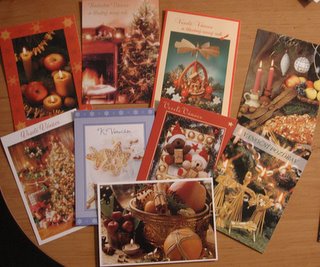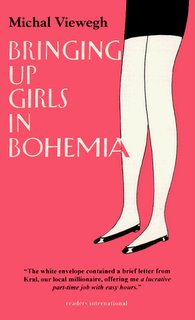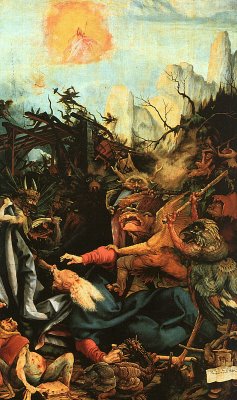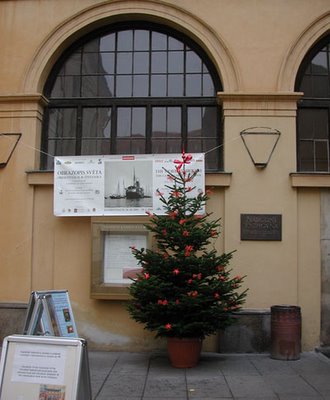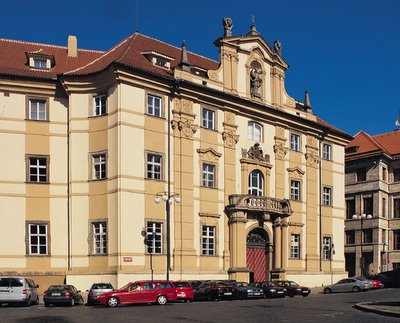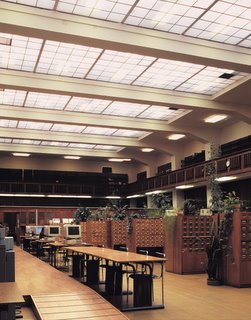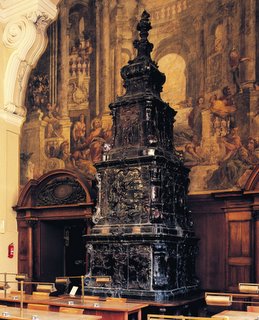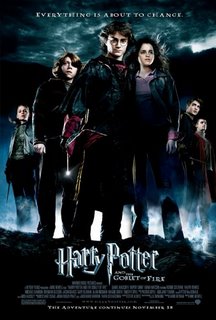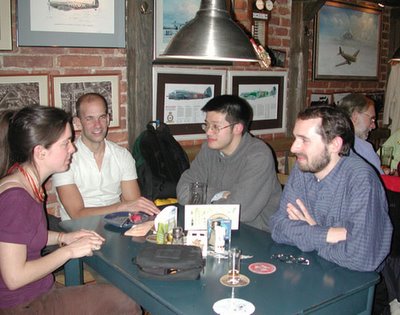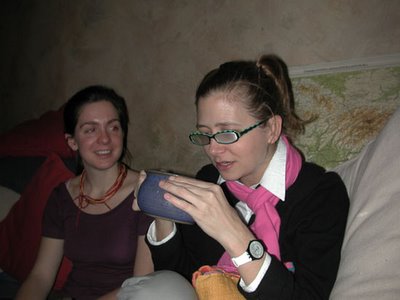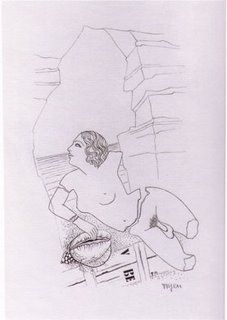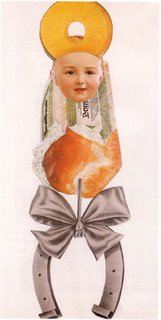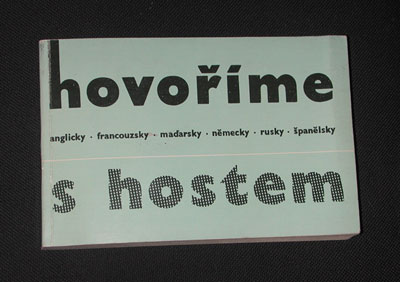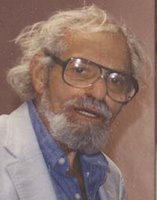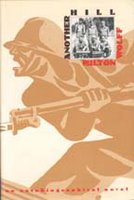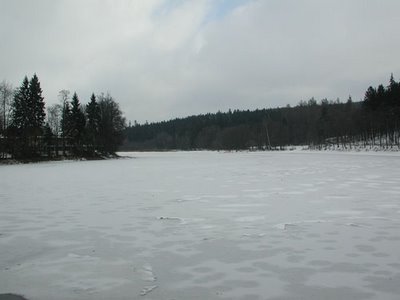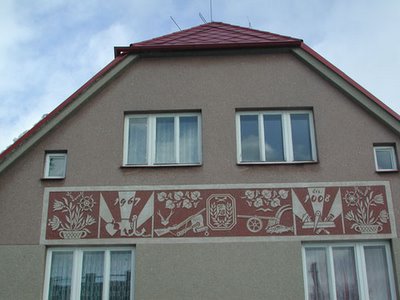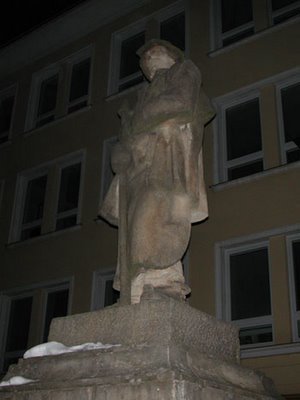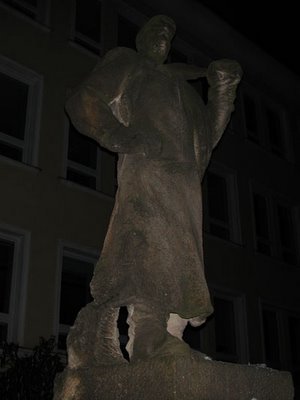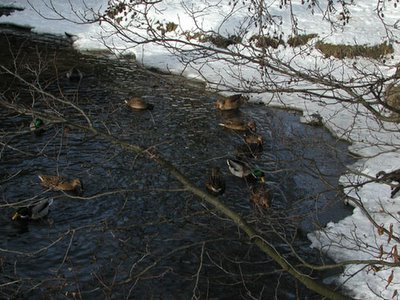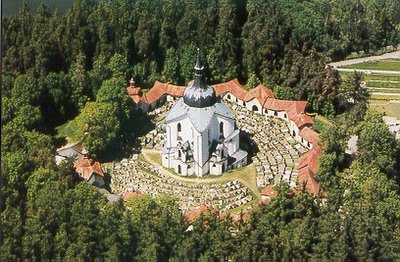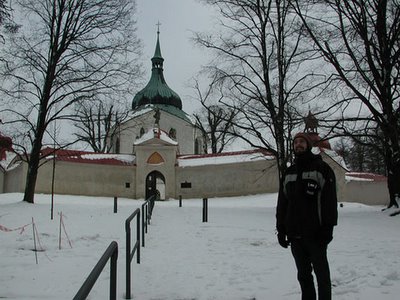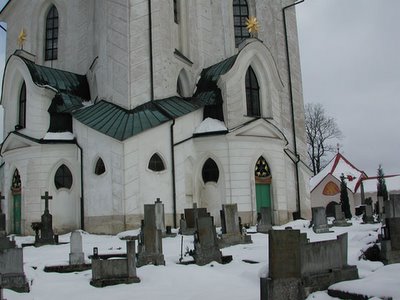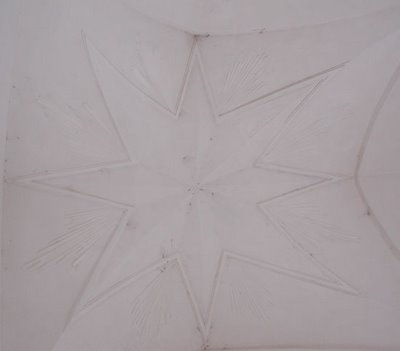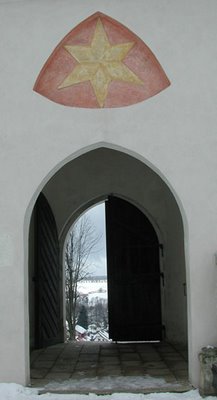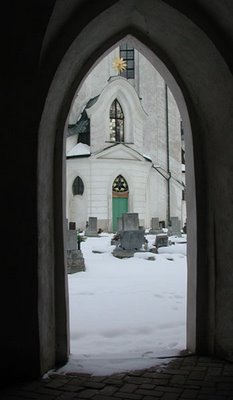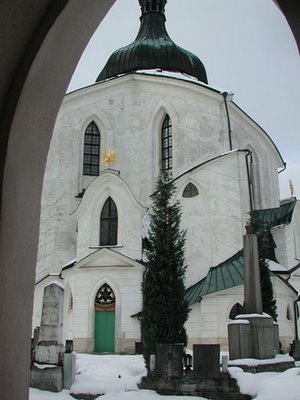Year-End Roundup of Interesting Posts
Photo Essays
You can get into the mood for a trip to the Czech Republic with Jen and Deborah’s photos, of which these are some choice samples :
Jen, week of September 4th
Jen, week of October 2nd
Deborah: Favorite winter prague sites
Architecture and Cityscapes
These posts will give the armchair traveler a more architectural and urban view of Moscow and the Czech Republic:
From Kylowna:
I AM IN LOVE!!!!!!!
From Deborah:
Watching the world from my Ostrovni neighborhood
From Kristen:
Back to Your Regularly Scheduled Blog
Strange Phenomena
From Jesse:
The Walls of Communism
Waiting for the Tram, Functionally Speaking
Some People Can Make a Bar Out of Anything
Žďár nad Sázavou
From this blog:
Days of the Dead
The Café Life
The Villa Tugendhat (mostly)
The Žďár nad Sázavou Adventure (Part II)
What Life is Like (for some of us)
Here are some posts relating to our experiences of life abroad. As you will have noticed, each of us has our own extremely individual outlook and favorite sorts of topics. I’m afraid I mostly left out posts about holidays since there have been so many in the last three months.
From Deborah:
views to the bridges
City comparisons
From Kylowna:
Day of the Dead--Nov 2
From Kristen:
I Love Her, I Love Her Not
The "Wild" Dogs of Moscow
Rain and Other Gloomy Things
Banya!
Transportation
On Kopecks
Perspective
From Jesse:
Tram Culture 101: Tickets and Customs
Bad Karma, or Karmic Heat Wave?
From this blog:
The Good
More Signs of Apparent Czechness
Vánoční trhy 2005
Lower Your Phone Bill! (Yeah, Right...)
From Julia:
The foggy season, or "smutné" times in Prague
Not from around here - double locked doors
St. Martin on a white horse - winter rides in
Just don’t call him that - the slippery slope of house shoe parlance
Mikulaš eve, Celebrating St. Nicholas in Prague
Language
Of course, there are many aspects to daily life, and the struggle to become fluent in Slavic languages is on our minds more than we really like to admit:
From Jesse:
České jazykolamy
From Julia:
Pronunciation – Help!
Laundry
Laundry and its intricacies could not be left out:
From Kristen:
The Joy of Laundry
From this blog:
Laundry
Adventures Shopping
Shopping is another of those things we often try to avoid thinking too much about (although you will note that posts under other topics also deal with our efforts to purchase this and that). It appears that I found the most striking discussions of shopping on Kristen’s blog, although I know I have also had my say here and there, as have Jesse and Julia:
The IKEA Adventure (and then some)
Searching in All the Wrong Places
Warm Fuzzies?
My Shopping Bag
Orenburg Lace
Food and Adventures in Dining
The most important thing one generally shops for, of course, is food. At times we find food in restaurants, and at times we bring home the raw ingredients and actually cook. The latter can be quite a challenge, and our blogs have many more intriguing posts about cooking than I could bring myself to list.
From Kristen:
Bovine Dining
Vinigret
Notes on Russian Cuisine
From Jesse:
The Adventure of the Peanut Butter Cookies
Nudli 3: Brno Hybrid
From this blog:
And Now We Celebrate
From Julia:
Find a turkey, track down that yam: Thanksgiving in Prague
Products and Their Display
While food is not everything, it is the primary subject of these amusing examples of packaging. Kristen also has some excellent photos of Russian products tucked away in posts about other topics.
From Kristen:
Fattening Up the Ranks--Via Capitalism and Otherwise
No Comment
Red October
From Jesse:
Nudli 1: Dej si "Superpauzu"
Cat Got Your Tongue?
Does Your Beverage Match?
Ancient Czech Blend
Big Americans
Concerts and Film
And, of course, we live not by bread alone, nor even by ingeniously packaged chocolates. From time to time we go out and attend performances and shows of one sort or another.
From Jesse:
"Bronze Reverberations of Gongs": Czech Gamelan
Morava: The Concert
Moravian Girl on the Town
From this blog:
Toyen in Film
Premiere of the New Švankmajer Film
Politics and Sociological Observations
At times we also analyze what’s going on out there.
From Kristen:
Genes
From Jesse:
The Eve of Tomorrow
The "Czech Family" in Crisis, and Other News of the Weird
Music and Protest
"Czech" Verbuňk Recognized by UNESCO
Curiosities
And, ahem, some of us take particular pleasure in finding, discussing, and/or inventing weird stuff (you will have gotten a taste of this in the product packaging section). It was difficult to keep this section to a manageable size. My blog has much more weirdness than this, and Kristen’s has no shortage either. Jesse, however, has written up quite a few individual bits of weirdness, so he gets many links here.
From Jesse:
Another Plus for Brno
The Fashion Police is Out
More Czech News: Are We Living in a Tabloid?
Those Prams Again!
Dear Little Jesus: Have You Seen My Kitchen Lately?
No Posting!
Pizza, Go Home!
From this blog:
We Speak with Guests
Hospodářské noviny and the Case of the Roman Bikini
Research
Last but not really least, some of us do write about our work. Deborah, Jen, and Kylowna actually say quite a bit about their work, but it is spread all over their blogs and I did not really see any very specific posts that gave the full flavor. (In truth, I’m not convinced that my own readers are all dying to see photos of Jen and Kylowna’s students and co-workers, excellent though these may be in their own way.)
From Kristen:
Archive Blindness
From Jesse:
Music, Anyone?
You Play a What?
From this blog:
Explanations
More About Nezval
Figuring Out Handwriting
The Archival Life
Bohuslav Brouk
The Library Life
Prague Brno Moscow Czech architecture food shopping Toyen Nezval surrealism research art music blogs
Labels: art, blogs, Czech, food, friends, music, Prague, research, surrealism, Toyen
